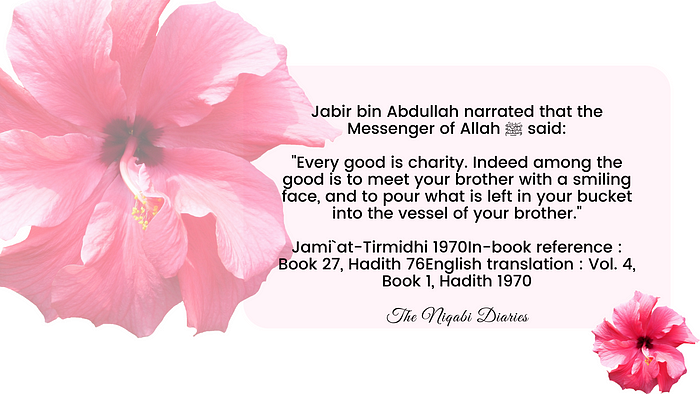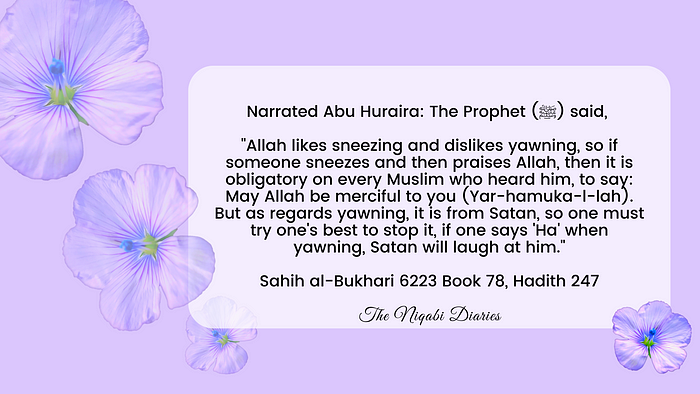The Meaning of Alhamdulillah

I thought that it would be useful to make a few posts explaining the meaning of some common Arabic words that we as Muslims use on a regular basis. You may be a new Muslim, non Muslim or even an old Muslim who needs a reminder. I believe that being familiar with common words from other languages is a way to build bridges between cultures and communities so that we can get to understand each other better insha Allah.
So today we will start with: Alhamdulillah or alhamdolillah. I can be spelt in different ways depending on the language but in Arabic it only has one spelling of course.
In Arabic it is written like this: الحمد لله
What Does Alhamdulillah mean?
Alhamdulillah means all praise is due to Allah. It is thanks to Allah and appreciation to Him. We praise Allah for whatever He does because He is perfect and everything He does is perfect even if we don’t understand it because He is the Most Wise.
The difference between giving praise and thanks.
Hamd or praise is different from giving thanks. They are both important but praise is given to one who possesses certain qualities or has achieved certain things even if it has no effect on us. For example we praise athletes for their skills and athletic abilities because we admire them for that.
On the other hand when someone does you a favour you owe them thanks but you don’t have to praise them. You may not admire the person or even like them but if they have done something for you it is your duty to thank them.
Hamd means praising orally with love and respect. The connotation of hamd is therefore very specific compared to just giving ordinary thanks.
‘Al’ meaning ‘the’ So ‘alhamd’ is the exclusive praise only for Allah.
We say alhamdulillah whenever we want to show gratitude to Allah. This could be when something we like happens as well as something that we don’t like.

Suhaib reported that Allah’s Messenger (ﷺ) said:
Strange are the ways of a believer for there is good in every affair of his and this is not the case with anyone else except in the case of a believer for if he has an occasion to feel delight, he thanks (God), thus there is a good for him in it, and if he gets into trouble and shows resignation (and endures it patiently), there is a good for him in it.
Sahih Muslim 2999 In-book reference : Book 55, Hadith 82
https://sunnah.com/muslim:2999
So the Muslim should always be positive regardless of their situation and whatever happens. Having a positive mindset is paramount for the Muslim and we are encouraged to spread that positivity to others when we see them by offering good greetings, kind words and smiling.

Jabir bin Abdullah narrated that the Messenger of Allah(ﷺ) said:
“Every good is charity. Indeed among the good is to meet your brother with a smiling face, and to pour what is left in your bucket into the vessel of your brother.”
Jami` at-Tirmidhi 1970In-book reference : Book 27, Hadith 76 English translation : Vol. 4, Book 1, Hadith 1970
https://sunnah.com/tirmidhi:1970
The scholars of Islam said that Alhamdulillah is the best dua (prayer) Oh Allah I acknowledge your blessing and favour upon me and I ask you to continue this favour and blessing upon me until I meet you.

It was narrated from Anas that:
the Messenger of Allah (ﷺ) said: ‘Allah does not bestow a blessing upon any slave and he says: ‘Al-hamdu Lillah (praise is to Allah),’ except that what he gives (the praise) is better than what he received (the blessing).”
Sunan Ibn Majah 3805In-book reference : Book 33, Hadith 149 English translation : Vol. 5, Book 33, Hadith 3805
https://sunnah.com/ibnmajah:3805
We can say alhamdulillah all the time but there are specific times that we say alhamdulillah over other words of praise. For example when someone asks how we are doing we say: “alhamdulillah good”.
Saying alhamdulillah when eating food:
Anas b. Malik reported that Allah’s Messenger (ﷺ) said:
Allah is pleased with His servant who says: Al-Hamdu lillah while taking a morsel of food and while drinking.
Sahih Muslim 2734a Book 48, Hadith 123
https://sunnah.com/muslim:2734a
And also when we sneeze:

Narrated Abu Huraira: The Prophet (ﷺ) said,
“Allah likes sneezing and dislikes yawning, so if someone sneezes and then praises Allah, then it is obligatory on every Muslim who heard him, to say: May Allah be merciful to you (Yar-hamuka-l-lah).
Sahih al-Bukhari 6223 Book 78, Hadith 247
These were the first words of our father Adam alayhis Salam, the first man that Allah created from His own hands.

Abu Hurairah narrated that the Messenger of Allah (ﷺ) said:
When Allah created Adam He breathed the soul into him, then he sneezed and said: “All praise is due to Allah” (alhamdulillah). So he praised Allah by His permission. Then his Lord said to him: “May Allah have mercy on you Oh Adam”
Reported and classed as hasan by al-Tirmidhi. Sunan al-Tirmidhi, 3290
The Niqabi Diaries is a podcast dedicated to sharing the stories of the Muslim women who have experience wearing the face veil.
Our voices
